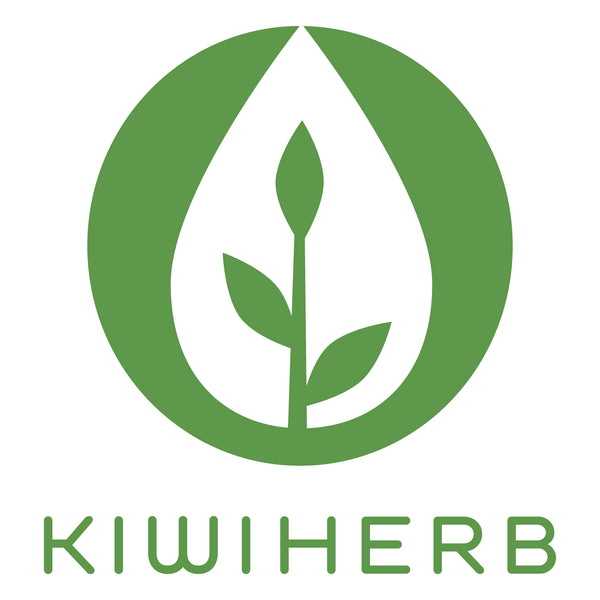Posted by
While many people delight as daffodils and hyacinths bring the first daubs of colour back to the landscape, others inwardly sigh and brace themselves, knowing that itchy eyes and sneezing are just around the corner. For those who suffer from sensitivities due to the natural increase in pollens and airborne allergens at this time of year, the symptoms will be all too familiar; itchy watery eyes, sinus congestion, noses that are either stuffy or streaming (or both!), sneezing, itchy rashy skin, and a general sensation of irritability.
Seasonal sensitivities are all too common in New Zealand, and the degree of symptoms can vary from just plain annoying to completely debilitating. Providing symptomatic relief by calming down the irritation is of the utmost importance; yet many people end up wanting more than just a ‘band-aid’ to stop reactivity. The beauty of herbal medicine is in its ability to not only relieve symptoms, but to address also the underlying immune hyper-reactivity.
A herbal approach to seasonal sensitivities prioritises the relief of symptoms while also working to rebalance the immune system, providing both short-term and long-term solutions.
Herbs such as Eyebright (Euphrasia officinalis), Elderflower (Sambucus nigra) and Ribwort (Plantago lanceolata) provide symptomatic relief by reducing the production of excess mucous, reducing inflammation and toning irritated tissues. While the name “Eyebright” speaks to the traditional uses for irritated and watery, gritty eyes, this herb also works just as well for treating these symptoms in the nose and sinuses. Elderflower and Ribwort are both renowned anti-inflammatory herbs for all catarrhal conditions of the ears, nose and sinuses. While these herbs, found in Kiwiherb De-Stuff and De-Stuff for Kids, tone tissues through their astringency, they also soothe and heal tissues, meaning that they are not overly ‘drying’ while still reducing mucus production.
One of the key herbs in the herbalists’ tool-kit for treating seasonal allergenic reactivity is Baical Skullcap (Scutellaria baicalensis). This powerful traditional Chinese herb has been shown in many scientific studies to be both anti-allergic and anti-inflammatory. Baical skullcap reduces the production of histamine and other chemical messengers that are responsible for inflammation and reactivity to allergens. Herbalists employ this herb to reduce sensitivities wherever they manifest, whether it be hayfever, eczema, hives or rashes. Baical skullcap is also understood to be ‘cooling’, and for anyone who has suffered the hot itchy annoyance of an allergic reaction, this will be very welcome!
While many people think of Echinacea (E. purpurea, E. angustifolia) as purely for staving off winter colds, it is actually capable of so much more. Often those who have taken Echinacea through the winter for immune support will find they are surprised by fewer allergic symptoms come spring. This is because Echinacea does not simply stimulate the immune system, it balances it, therefore reducing sensitivities and hyper-reactivity.
Rehmannia (Rehmannia glutinosa) is a key anti-inflammatory herb, used for all manner of inflammatory conditions including skin rashes, urticaria (itchy skin) and asthma. Rehmannia helps to rebalance an over-reactive immune response, while also supporting the body’s stress response.
The ability of herbal remedies to address both the presenting symptoms and the underlying causes of seasonal sensitivities is what makes it a unique and valuable form of medicine. Herbs are only as good as their formulation, and when grown in rich soils, processed carefully and given in the right doses, can work incredibly quickly to provide relief.



